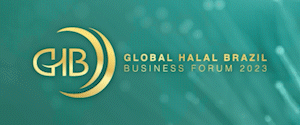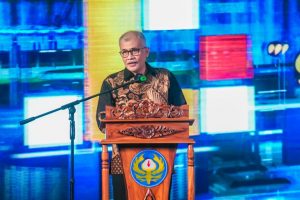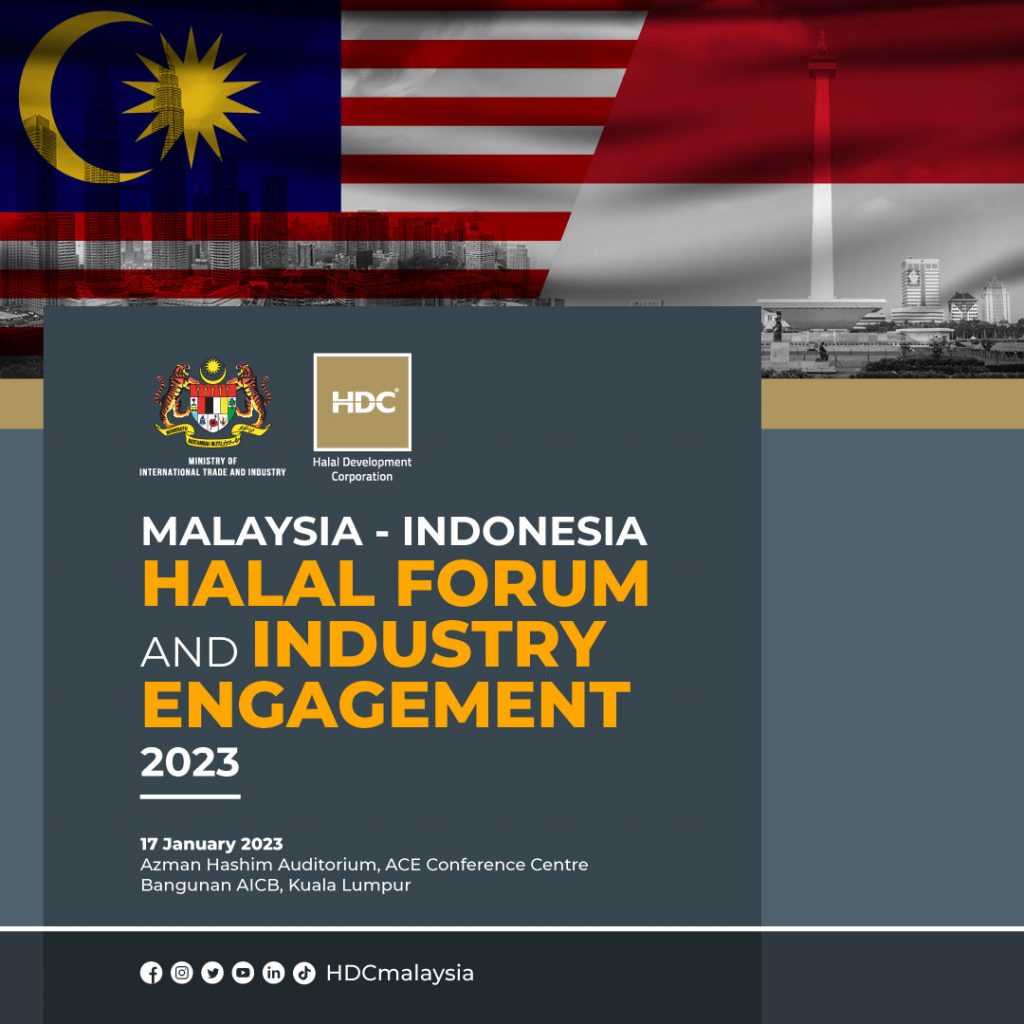Davao City-In a bid to widen the support base for the promotion of
the halal industry in Mindanao, halal industry stakeholders agreed to
establish a Mindanao Halal Forum.
Halal is a purification rite mandated by Islam in order to ensure that food is fit for consumption by its faithful.
In a round table discussion with the Mindanao Economic Development
Council (MEDCo), halal industry stakeholders agreed to come up with
forum that would serve as a mechanism to facilitate information
exchange, coordination and synchronizing efforts of various
stakeholders to ensure full development of Mindanao’s halal industry
potentials.
The Mindanao forum will complement the efforts of the National
Technical Working Group on Halal and will be composed of
representatives from government, private sector and donor agencies.
“There is really a need to converge efforts,” said undersecretary
Virgilio Leyretana, MEDCo chairman, as he pointed out that the
government and private sectors already have existing programs and
projects to boost the halal industry.
He said the creation of the Mindanao Halal forum runs parallel with
President Gloria Macapagal-Arroyo’s directive in 2005 to harmonize all
government programs related to halal trade ensuring its compliance with
international standards and effective implementation of the Halal
Export Development Program.
Among the issues and concerns discussed during the consultation is
the low appreciation and understanding of suppliers and certifiers on
halal, as observed by the Muslim Mindanao Halal Certification Board
Incorporated (MMHCBI) in its series of surveys conducted in the
Autonomous Region of Muslim Mindanao (ARMM).
“Suppliers acquire certification only for halal export”, said MMHCBI
executive director Marian Daud, pointing out that there are also local
consumers in ARMM and other parts of the country who want to buy halal
food.
The Autonomous Regional Government has made the Halal program in
ARMM one of its flagship projects. The Medium-term Philippine
Development Plan (MTPDP) 2004-2010 has clearly prescribed Mindanao,
particularly ARMM as the center for Halal Production and Processing,
being the only Muslim region in the country.
Mindanao is home to about four million Muslims or 20 percent of its
total population. The island region is also the Philippine exponent to
the Brunei Darussalam-Indonesia-Malaysia-the Philippines East Asean
Growth Area (BIMP-EAGA), which is home to over 50 million Muslims, a
huge potential market for halal products.
Dr. Zenaida Hadji Raof-Laidan of the Department of Science and
Technology (DOST) in region 12 also stressed that strong government
participation is needed in the entire halal value chain, citing the
proliferation of unrecognized certification entities and unscrupulous
suppliers of halal food products.
Laidan also added that DOST is now coming up with an initiative to
establish the Philippine National Science Halal Laboratory which will
undergo analysis and incubation on products before it will be certified
as halal.
“The participation of Ulama in the compliance of halal standards
must also be observed”, said Ustadz Akhmad Ampuan of the Ulama League
of the Philippines in Southern Mindanao. Ampuan also suggested the
hiring of Muslims in slaughterhouses or business establishments who
wish to engage in distributing halal food products.
The round table talk was also joined by representatives of the
Muslim Business Forum Inc., Islamic Da’wah Council of the Philippines,
Muslim Mindanao Halal Certification Board Inc., Sabiel Al-Mohtadeen
Foundation Incorporated of Zamboanga City, Ulama League of the
Philippines, Mindanao Halal Authority, Mindanao Chamber of Commerce and
the Office of Muslim Affairs. MEDCo



